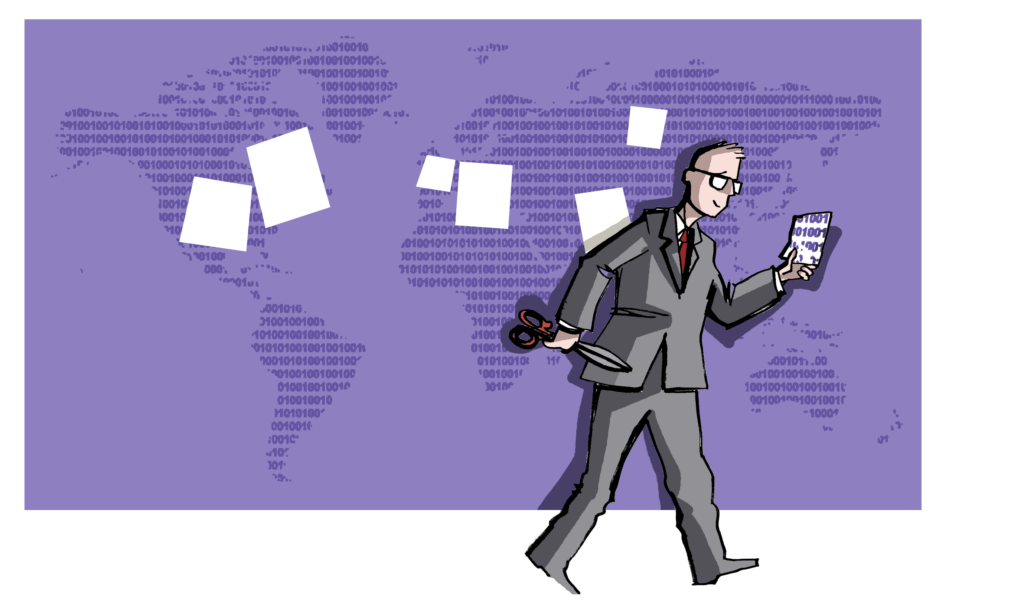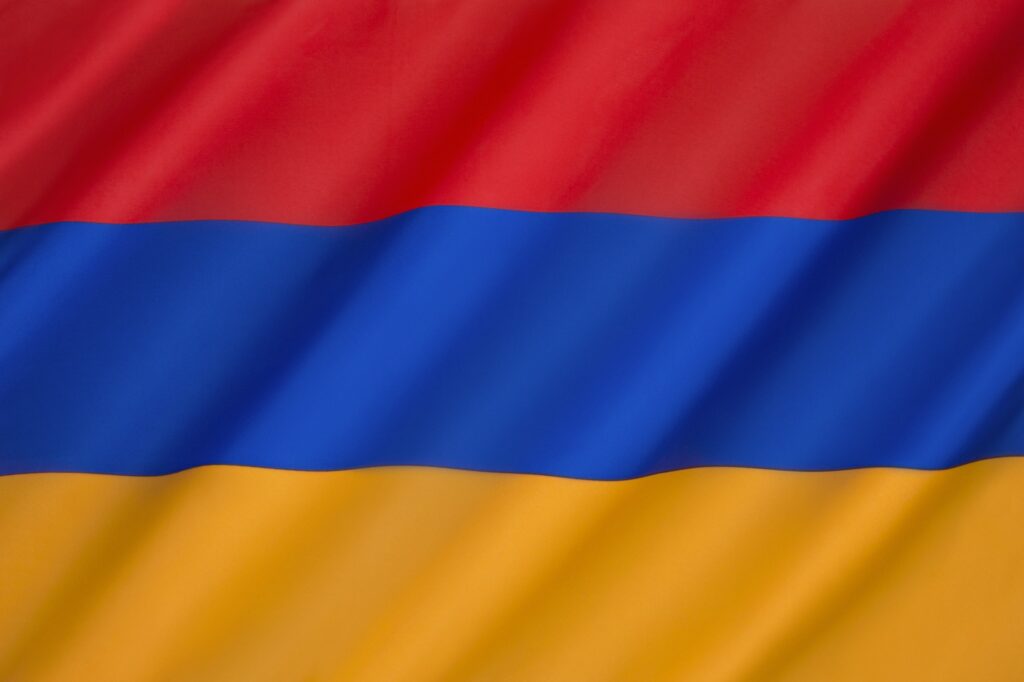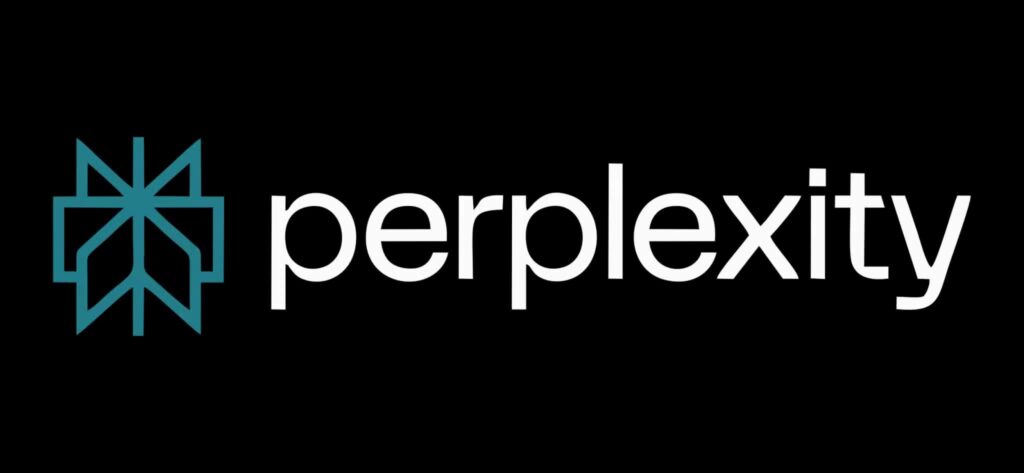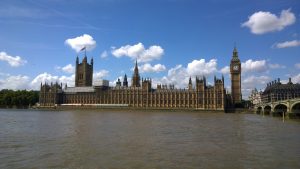Digital Watch Observatory - Digital Governance in 50+ issues, 500+ actors, 5+ processes

Plus, AI governance updates from China and the UN, France and India considering bans on children using social media; social media platforms facing trials in Los Angeles over addictive features; and the continuing fallout from the Grok deepfake controversy.

Beijing is preparing to push AI infrastructure beyond Earth, signalling a major shift in how and where future computing power could be built.

The experimental research prototype rolls out to Google AI Ultra subscribers in the United States, with plans to expand access to additional territories.

The investigation into Grok’s undressing tool highlights concerns about rising synthetic abuse, EU-US tensions and the challenge of applying the Digital Services Act with consistency.
Must read
Analysis
Deepfake pornography, consent, and power in synthetic media
The rise of AI pornography reveals bigger societal risks, where sexual representation becomes detached from lived experience and consent is reduced to a technical obstacle rather than a social principle.
Analysis
ChatGPT and the rising pressure to commercialise AI in 2026
OpenAI’s ChatGPT Go launch highlights growing pressure to monetise AI without ads, as investor expectations reshape sustainable business models.
Analysis
Inside NeurIPS 2025: How AI research is shifting focus from scale to understanding
This year’s NeurIPS awards highlight a shift in AI research, focusing less on bigger models and more on understanding how systems learn, generalise, and behave responsibly.
DW at a glance
FOLLOW
WSIS+20 Process
The year 2025 marks 20 years since the finalisation of the World Summit on the Information Society (WSIS), and a review process looking at 20 years of WSIS outcomes implementation will conclude with a high-level meeting at the UN General Assembly (UNGA), in December. This page keeps track of the process leading to the UNGA meeting in December 2025. It also provides background information about WSIS and related activities and processes since 1998.
Explore the Observatory
Digital Technologies
From internet applications to quantum computing, we focus on advanced and emerging digital technologies which are increasingly reshaping our economies and societies.
Clusters of Policy topics
We unpack digital policy by exploring over 50 topics – from access and sustainable development to network security and the future of work – classified in 7 clusters.
Processes
Follow some of the most important digital policy processes, from the EU's work on the Digital Services Act/Digital Markets Act to the UN Cybercrime Ad Hoc Committee.










